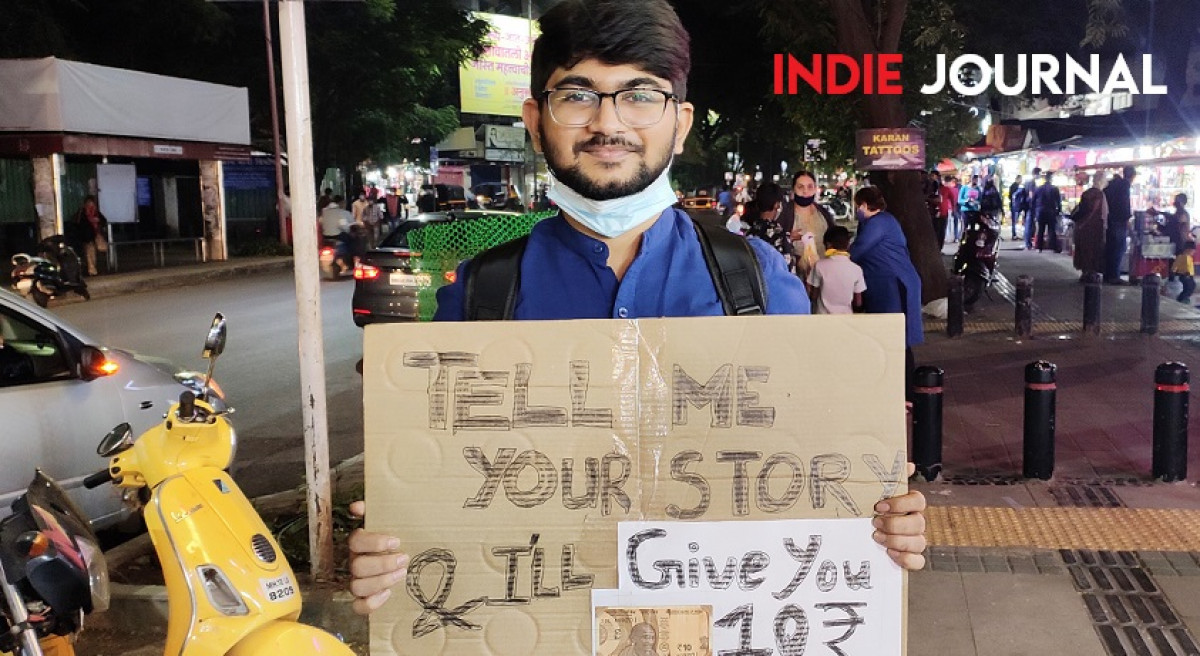India
As vaccines get long awaited approvals, long unanswered questions seek clarity
Aspersions are being now cast as to what basis the vaccines were approved on.

Introducing TL;DR (Too Long Didn't Read)
- Serum Institute's Covishield and Bharat Biotech's Covaxin received approval today.
- Covishield has 70.42% efficacy, no data is available about the efficacy of Covaxin.
- Covaxin will be used in emergency situations, and as a backup for Covishield
- RTI filed about the efficacy, safety of both vaccines, as no data has been made available to the public yet.
- In 2016, Bharat biotech manufactured and released a vaccine for Zika virus without seeking approval from government.
- Opposition leaders and medical experts asked the government to maintain transparency.
On Sunday, two vaccines for coronavirus have received approval from the drug regulatory of India, to everyone’s delight following a year-long battle with the COVID-19 induced pandemic. Oxford’s Covishield, which is being developed by Pune’s Serum Institute, and Bharat Biotech’s Covaxin, are the two vaccines that have been approved.
While Covishield registered a 70.42% efficacy, there’s no clarity about the efficacy of Covaxin from Bharath Biotech. This uncertainty and lack of transparency have raised a few eyebrows. According to Dr. Randeep Guleria, AIIMS Director, “In an emergency situation when there is a sudden increase in cases and we need to vaccinate, Bharat Biotech vaccine will be used. It can also be used as a backup when we are not sure how efficacious the Serum Institute vaccine is going to be.” This has teased the anxieties of several people as there’s a lot of ambiguity about the vaccine.
“If we are not sure of the efficacy of the SII vaccine, why did we approve it? Do we have any data on the efficacy of the Bharat Biotech vaccine to use as a backup? None of this adds up!” Dr. Soumitra Pathare, Director at the ILS Centre for Mental Health Law & Policy said in a tweet.
In a response to queries on the potential risks the vaccines might pose, the Drug Controller General of India (DCGI) VG Somani said, “We'll never approve anything if there is slightest of safety concern. The vaccines are 110 per cent safe. Some side effects like mild fever, pain and allergy are common for every vaccine.” Despite this assurance, it cannot be ignored that no accurate data about the safety and efficacy of each vaccine is available with the public.
Somani has also informed that the Serum Institute has submitted data of over 73,000 participants and found 70.42% efficacy. The firm is conducting phase 2 and phase 3 trials on 1600 participants in India. A recommendation was made for restricted use and the trials will continue, he added. On the other hand, trials for Covaxin are still being conducted by Bharat Biotech in collaboration with the Indian Council of Medical Research. Phase I and Phase II of the trials were conducted in around 800 people and the results showed that it is "safe and provides a robust immune response", the DCGI said. The Phase III trial is on and 22,500 of the 25,800 participants have been vaccinated as of now.
Chief Quality Officer and Chief Infectious Diseases at the University of Maryland, Dr. Faheem Younus has stated, “One shouldn’t take (or endorse) a COVID vaccine unless full phase 3 results are available. Otherwise, you are simply guessing the safety and efficacy of the product.” For the Pfizer and Moderna vaccine, a PDF file of 92 pages and 84 pages respectively, was released publicly to disseminate proper information about the vaccines. Each file included the process and results of three phases of trials along with the hurdles, safety evaluations, follow-ups, and studies and clinical trials referred. However, no such data about Serum Institute’s Covishield and Covaxin has been made public as of yet.
Clouds of doubt
Secretary-General of Communist Party of India, Sitaram Yechury said, “The announcement about the two vaccine candidates should be accompanied by full disclosure of the minutes of meetings, information about all the trials and results in order to build the confidence in the people. This has been done globally. Our government should do so too.”
Transparency investigator Saket Gokhale has filed an RTI on January 3rd requesting information about the efficacy, safety, and other relevant data submitted by Serum Institute of India (SII) and Bharat Biotech for their vaccines respectively. Gokhale’s investigation has also revealed that Bharat Biotech has “a bit of a shady history dating back to 2016”.
Bharat Biotech has a bit of a shady history dating back to 2016.
— Saket Gokhale (@SaketGokhale) January 3, 2021
After the Zika virus outbreak, Bharat Biotech had announced that it has developed the "world's first Zika vaccine" named Zikavac.
The company began advertising this vaccine publicly & through PR releases
(1/4) https://t.co/aCZhiEovFO
In his tweet, he elaborates on this saying, “After the Zika virus outbreak, Bharat Biotech had announced that it has developed the "world's first Zika vaccine" named Zikavac. The company began advertising this vaccine publicly & through PR releases. Subsequent to this, Bharat Biotech was summoned & pulled up by the Director-General of Health Services. DGHS said that the co. was cashing in on the Zika outbreak & had announced a vaccine without informing the govt.”
This incident also raised questions about how did the company manage to get samples of the Zika virus in the country to manufacture the virus. According to sources, the company had not approached either the ICMR or the DCGI to get the virus into the country. Such history and the current lack of transparency from Bharat Biotech in revealing the efficacy is concerning.
When Bharat Biotech’s trial for Covaxin was first registered on July 1st, 2020, the duration for the trial was stated as 15 months i.e. October 2021. Even then, the doctors had stated that the registration process for the patients would take several weeks, following which, a six-month observation period will be required. Instead, the vaccine has received an emergency approval today i.e. just six months after its registration, and that too without providing any data about its efficacy.
Once the vaccines are procured, priority will be given to 1 crore health workers and 2 crore frontline workers in the first phase of immunisation. Health Minister Dr. Harsh Vardhan has stated that these vaccines will be administered for free. Those above the age of 50 and those below age 50 associated with comorbidities will also be included in this phase. While the government plans to complete the first phase of immunisation by August 2021, there is no information about the immunisation process for the rest of the population yet. Each person will require two doses of either vaccine for the immunisation to be successful. State governments of Delhi, Tamil Nadu and Kerala have promised free vaccines to its people, whereas, the BJP had promised free vaccines in Bihar as a part of their recent election manifesto.





